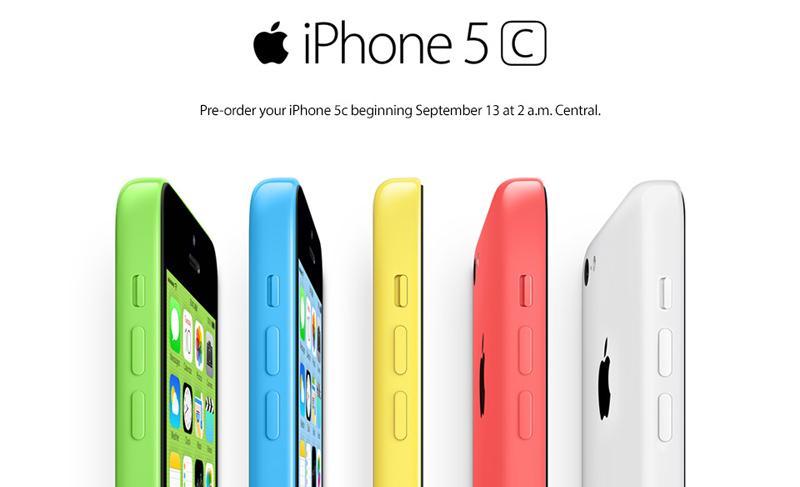
If you've been a fan of mobile devices over the last few years, then you've seen a change in the way that we judge our phones. Several years ago, just before the launch of the first iPhone, people just didn't care about what powered their phones or how much RAM they had. They worked, sometimes well enough, and that's all that mattered. Back then, we still argued about which mobile operating system was better, or which phone was better, but it wasn't because of the processor or type of screen display. It was just the phone, as a whole.
That's not really the case anymore. Sure, we can still argue about which phone is better, or which company is better, but eventually you'll see it devolve into an argument about specs. It happens so often these days that I just expect it. Wait for it, even. A few years ago, companies only divulged things about the processor or other specs like that when they had to.
Back then, the most publicized specification of a phone was the camera. I guess some things don't change.
When Google's mobile operating system, Android, started to take off, that's when we started caring about internal specs. Android has done a lot of good for the mobile space, in that there's more competition within the device market, and component manufacturers see a lot more attention thanks to so many devices being on the market. Moreover, those hardware manufacturers are racing to get the best of the best internals for their flagship devices, making it for a perfect circle. A circle because it will never have an end.
Android manufacturers know that their hardware has to stand out, just as much as their software, because the vocal crowds all over the world demand the best hardware. They (seemingly) want bigger displays, but HD displays, too. They want the fastest, most powerful processors. They want the best cameras you can shove into a phone. They want it all, and anything that doesn't cut it gets panned.
Not everyone is like this, obviously.
I'll be the first to tell you that I love phones with powerful specs. I jumped on that bandwagon a long time ago, but not because I feel like our phones need them. No, I love a phone with powerful specs and an impressive spec sheet because I think it's an amazing accomplishment. Just look at how much our phones have advanced over the last few years. Even just over the last year, in fact. What does that mean for the next year? Or three years from now? It's definitely going to be exciting.
I'm glad that Android has devices like the HTC One, Samsung Galaxy S 4 and the LG G2. Those devices set the standard for high-end, for the flagships of flagships. They stand out, because their spec sheets are impressive. And that's great for those devices. But handsets like the HTC One Mini, which doesn't have as impressive specs as its older brother, is still a good phone. The Moto X? That's certainly a mid-range device, and aside from its camera, is widely accepted as being a good phone. Just look at all the Windows Phone-based handsets out there. Their good devices, and they work for what they're running.
And that's really the point, isn't it? Your phone has to work, and it has to keep working for longer than a week. Longer than a month. In some, if not most, cases longer than a year. If the software isn't optimized and it stops functioning the way it did right out of the box a few weeks or months later, then all those fancy specs really don't mean anything at all. Your hardware race to nowhere really went nowhere, and you'll be looking for the next best thing available on the market.
The iPhone 5s doesn't need to compete with the HTC One or Samsung Galaxy Note 3 in raw power. (The display size can be used to judge, though: some people want big displays, and the iPhone's 4-inch display may not cut it.) Why? Because it just doesn't. The iPhone 5s isn't running Android 4.x Jelly Bean with a proprietary software. It's running iOS 7, and all that matters is that the iPhone 5s runs iOS 7 great.
The same can be said for any other phone compared to any other device. It just doesn't matter how it stacks up against the competition. Even Android versus Android. As long as the phone you want, the one you buy, works the way it should for months to come, then that's all that matters. Dual-core, quad-core or octa-core, it doesn't matter. As long as your phone works, and does as it's advertised, then you've found the right phone for you.
I just want my phone to work. That's all. No lag, or stutters, or hiccups. It's technology, though, and there will always, inevitably be issues from time to time. No matter what kind of hardware you have. In the end, I just want my phone to work, and as long as it has enough power to run what the developers and manufacturers put on the market, then I'm good to go.
What do you think? Do you need to have the latest and greatest when it comes to mobile technology? Do you refuse to buy a phone that doesn't have a quad-core processor in it anymore? Or are you someone who doesn't mind what the internal spec sheet says, as long as your phone works the way it should? Let me know!